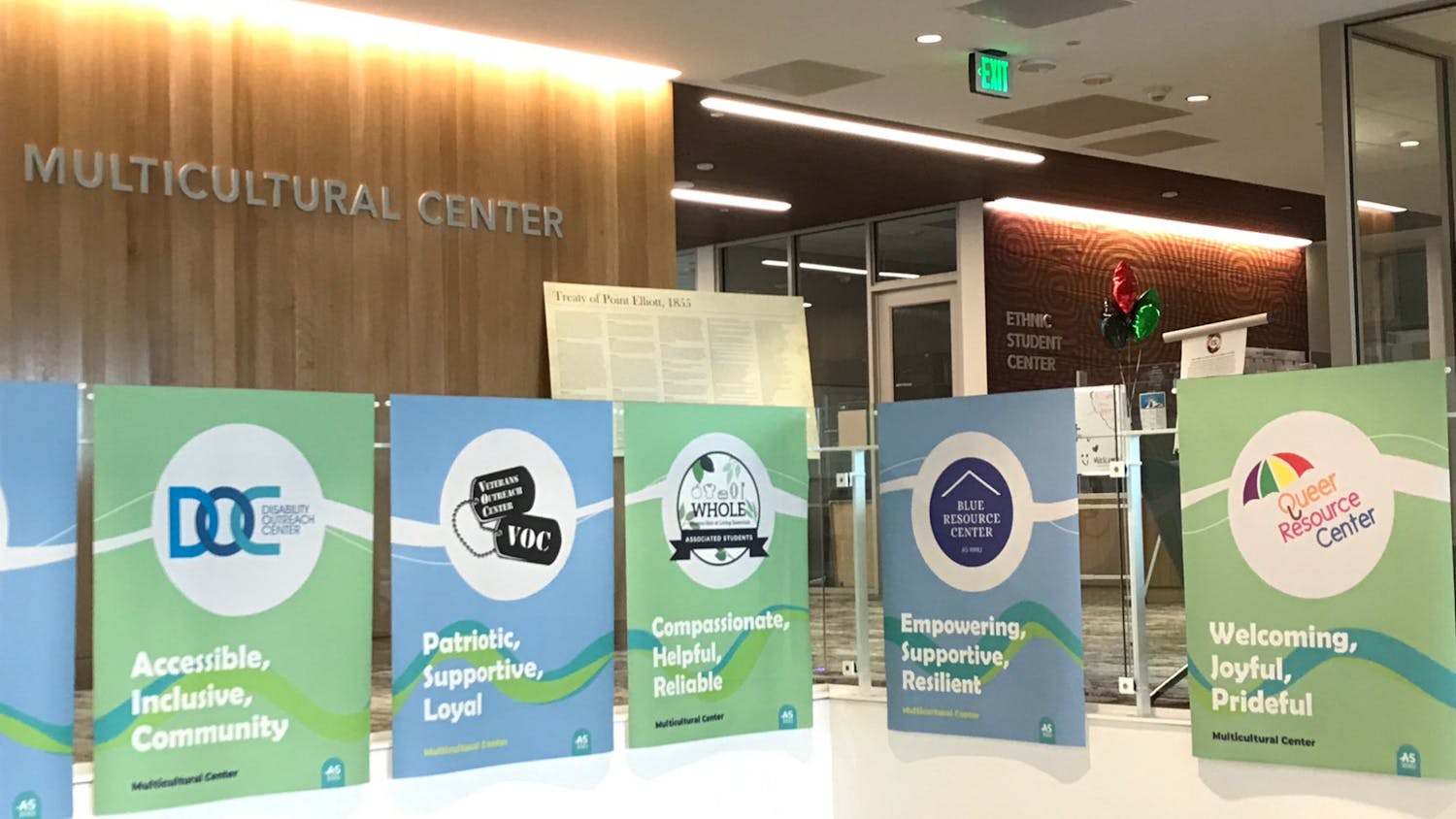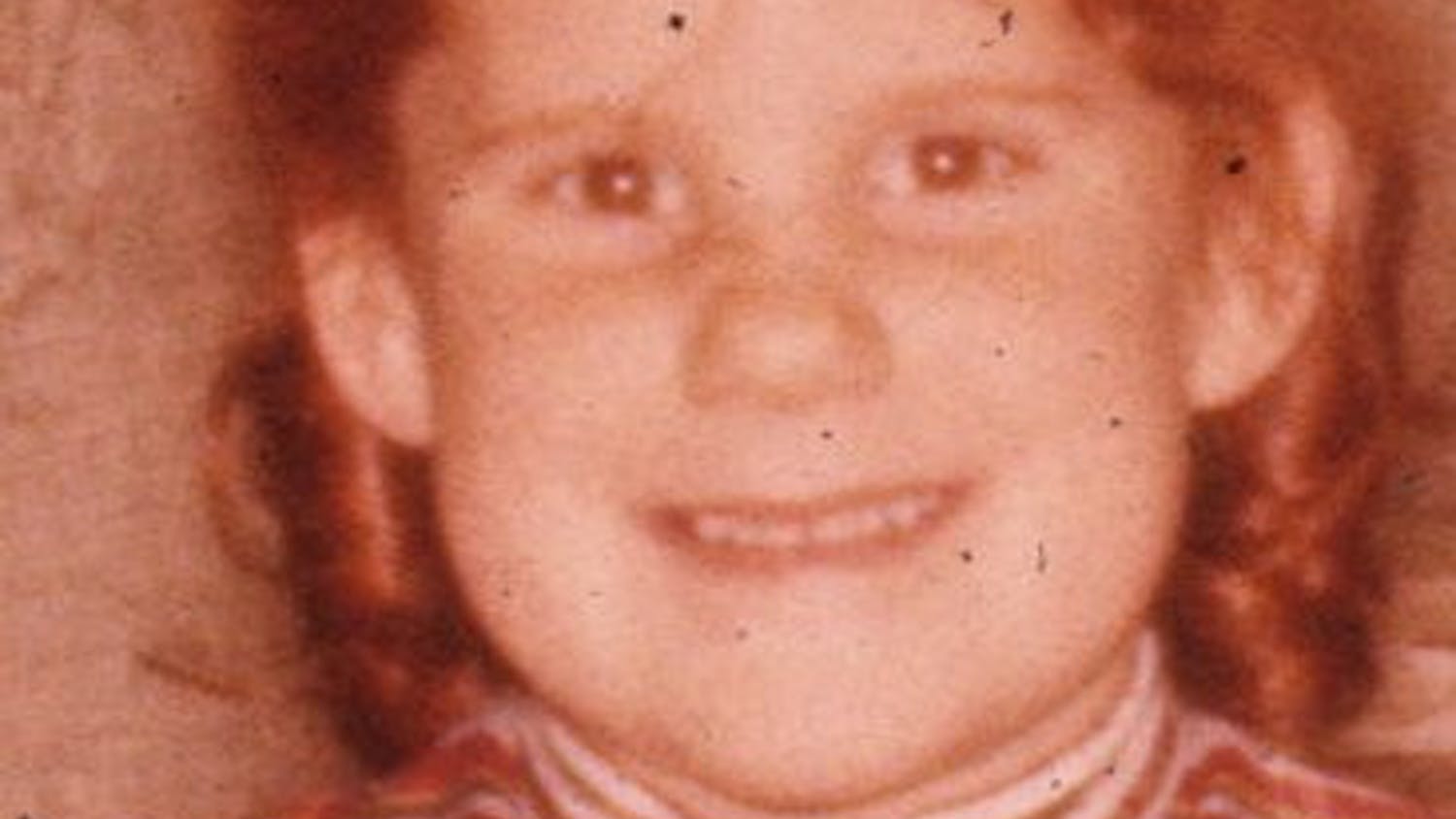School isn’t the only thing on a college student’s mind, believe it or not. Aside from the regular stresses of being an adult, it is mental health that becomes the biggest struggle for many.
Dealing with these experiences and feelings doesn’t involve a single clear-cut method, but for students at Western Washington University, the Office of Student Life can at least provide a guiding hand.
Michael Sledge, the Executive Director of Student Life, said one of the office’s main missions is to support students going through crises or difficult situations and connect them with helpful resources.
“We take our lead from the student and we see what they most need – it could be a leave of absence, a referral to counseling, assistance with a withdrawal or some other assistance,” Sledge said. “Usually, students have a specific need that is pressing and we help address it.”
It can be intimidating to get a mental health evaluation, but treatment is too often missed out on by those experiencing difficult times. Only 36.9% of people with anxiety disorders receive treatment, according to the Anxiety and Depression Association of America.
For some students, it may not be treatment they need but rather time to heal on their own. Thankfully, the Office of Student Life has the means to coordinate that for students. Paying thousands of dollars in tuition and fees means students should take advantage of resources like this when needed.
Jan Romias, a third-year sociology major at Western, contacted the Office of Student Life for support during a difficult time in her life.
“The staff was patient, accommodating and timely with me,” Romias said. “They were very eager to help, which alleviated a lot of my stress.”
Romias said she wasn’t able to get a dean’s withdrawal, which would remove her from her classes for a time, but the Office of Student Life was able to facilitate other means of support.
“They told me I could submit “K grades” for the classes I fell behind in while I was dealing with my situation,” Romias said. “Basically, I will have incomplete grades for the courses I didn’t finish and my professors allotted me more than enough time to catch up during the rest of the year.”
Romias found help where she needed it, but not everyone feels the need to seek help for their mental health situations. It’s okay to find peace and cope using your own healthy outlets for sadness and anxiety, but even so, not everyone has the means to deal with their struggles safely.
Dr. Mike B. Warren, a clinical neuropsychologist and instructor at Western, said some people can effectively cope on their own, but there are reasons people seek professional help.
“The goal behind professional assistance is to help the person reconcile and reprocess trauma to help develop and improve coping skills and resiliency and to provide access for follow-up care if needed,” Warren said.
In the practice of cognitive-behavioral therapies, there is a method called TRAP/TRAC, Warren said. Trigger, Response and Avoidance Patterns that are turned into Trigger, Response and Alternative Coping – turning damaging behavior into healthy outlets.
In the unfortunate circumstance where someone is a victim of sexual assault or loses a family member, Warren said finding an understanding of their experience is important.
“In either type of traumatic experience, the person will need to be ready to engage in processing the event, and this is when careful clinical evaluation and integrating support systems into recovery can play a significant role,” Warren said.
The Office of Student Life can’t directly provide these methods of recovery, but beginning the process is what is important. Reaching out just takes one email and it could result in real help.
Max Larsen (he/him) is a third year News Editorial major and opinion reporter for The Front. He enjoys writing just as well as cars and old music. You can contact him at maxlarsen.thefront@gmail.com






